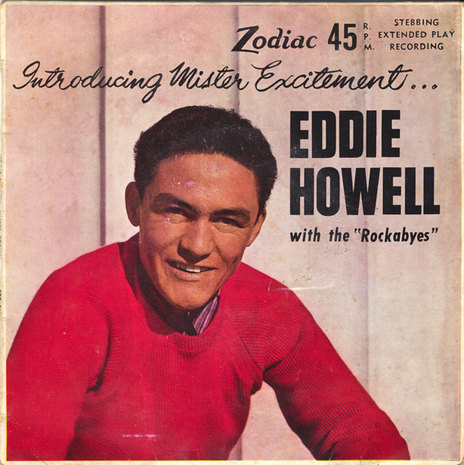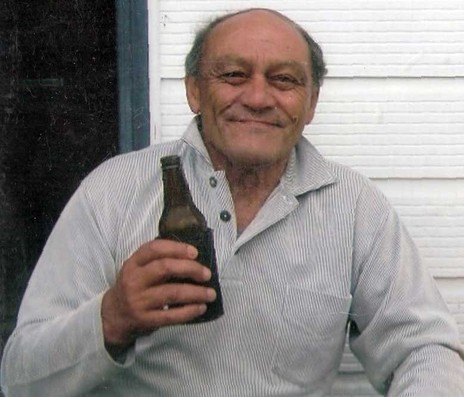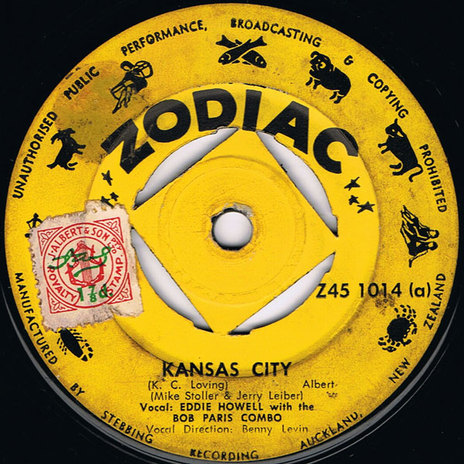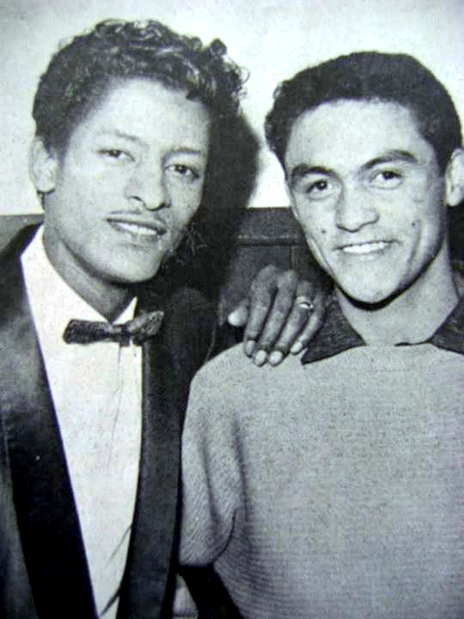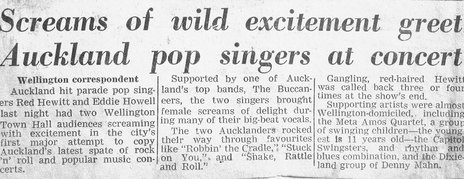After secondary school, Howell returned to Whakatane to help his father on the farm, but his ambitions to become a singer remained, so he headed to Auckland. Friends arranged an audition with promoter Benny Levin, who launched his career with performances in nightclubs and at the Auckland Town Hall.
Levin introduced him to Zodiac boss Eldred Stebbing, who started recording him as a solo act on Zodiac Records as well as lining him up for a national tour with the Howard Morrison Quartet, both as a support act and a quartet member.
He made the mistake of outshining the boss, so the relationship wasn’t extended.
On his own Howell recorded a mix of ballads and rockers for Zodiac over 10 single releases, with backing from The Bob Paris Combo, the Jock Nisbet Group or Ben Tawhiti And His Matonaires. Stebbing had access to the new US hits, and would often use Howell to cut a cover before the original version hit the New Zealand market.
Howell's records sold in some numbers and he was a substantial and quite incendiary live drawcard, filling halls and clubs including regular gigs at the famous Māori Community Centre on Fanshaw Street in Auckland.
His popularity, wrote Te Ao Hou in December 1959, "lies in the fact that he can sing any type of number. He is not limited to the rock tunes, but can handle ballads as well."
And then – without warning – he was gone.
On 12 November 1961 the Auckland Star noted that Howell had “gone bush”, returning to Whakatane for a life after music. He never recorded again and little more is known about him.
Eddie Howell's early rockers can still be found on various rock and roll compilations the world over, and in recent years have become increasingly collectable.
–
As a happy postscript, in 2015 Eddie Howell, still living in Whakatāne, recorded an album of songs for his friends and family. His voice was described as "still warm, rich and controlled".
